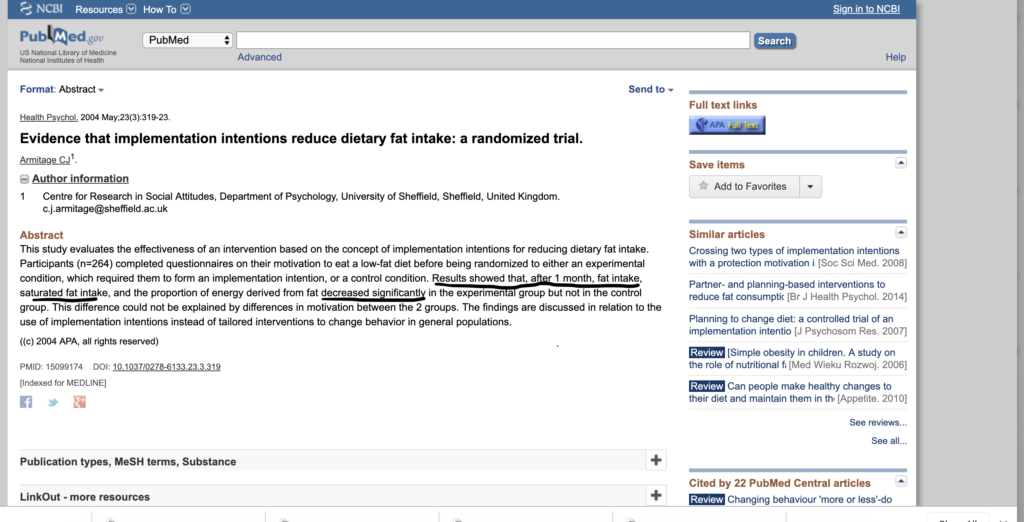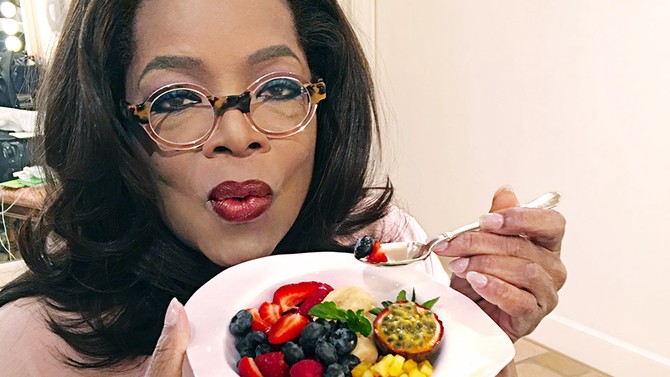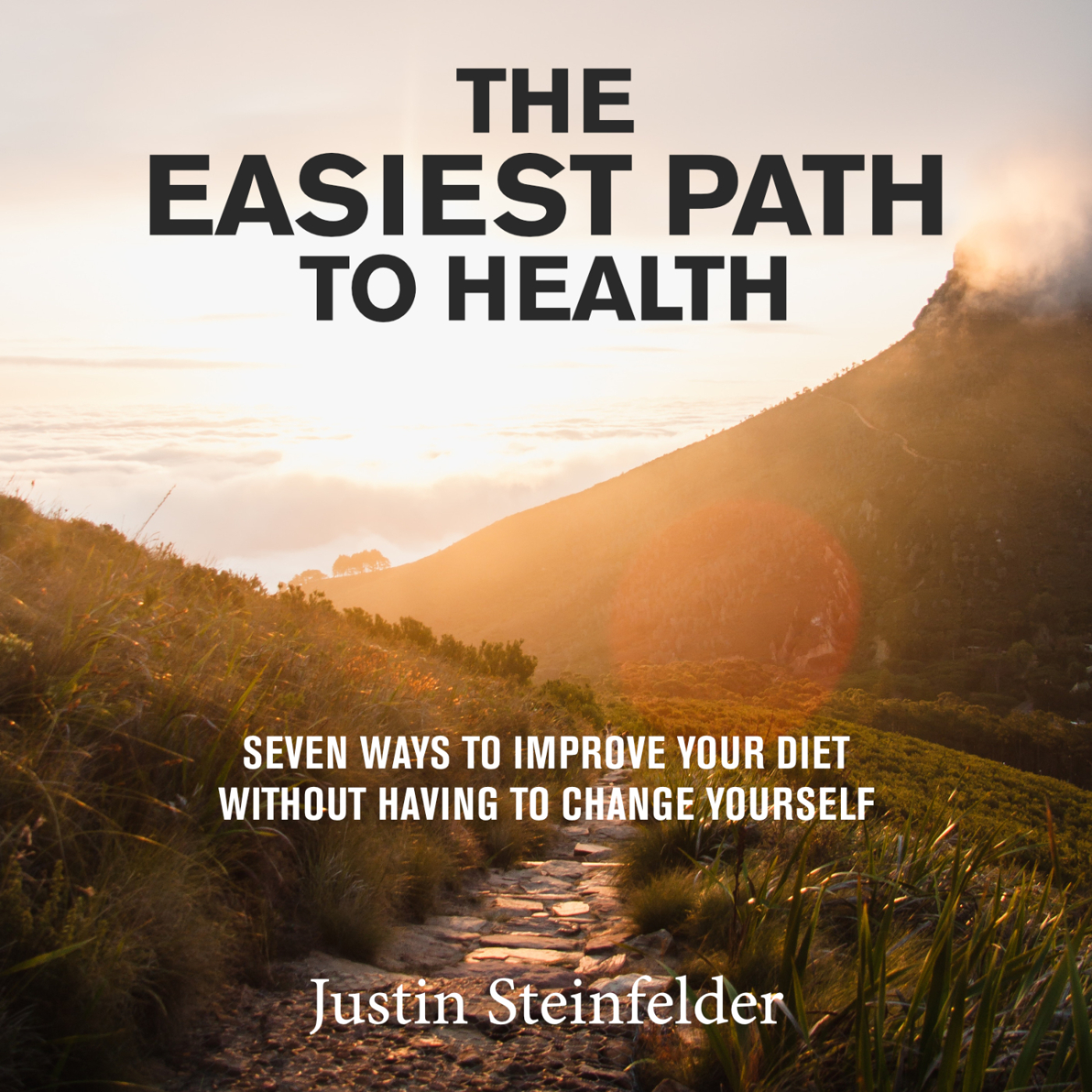TRANSCRIPT (~ 4 minutes)
Oprah hardly needs an introduction. (But I’ll give her one anyway).

We all know her as the billionaire media mogul. What most people don’t know is that the principles she used to get where she is can be used to improve our own diet and health. This makes Oprah one spectacular, if unlikely, nutritionist.
What? Oprah? One of the most highly-publicized weight-strugglers of our time? I’m gonna take health advice from her? Are ya mental?

No, of course I am not saying to follow her health rules. God knows her health record is less than sparkling. But Oprah does offer us general principles — three here that she claims to have lead to her billion-dollar success– that can be applied to improve our health. They are:
(1) Set your intentions.
(2) Understand priority
(3) Change Your Perspective
OK, let’s get into it.
Principle #1: Set Your Intentions
In her revealing book, What I Know For Sure, the thing Oprah seems to be surest about is that your life is a result of one thing– your intentions. This is, according to Lady O, whether or not you proactively or passively “set” them.

“What I know for sure is that whatever your situation is right now, you have played a major role in creating it. With every experience, you build your life, thought by thought, choice by choice. And beneath each of those thoughts and choices lies your deepest intention. That’s why, before I make any decision, I ask myself one critical question: What is my real intention?”. And beneath each of those thoughts and choices lies your deepest intention.”
It might sound Iike psycho-babble, but research suggests, it ain’t. In fact, one of the strongest areas of behavioral research is something called “Implementation Intentions.” While the name sucks, the behavior is very effective. It has been shown to improve compliance markedly.

Here’s how it works: for any behavior you want to get yourself to do create an “if, when, then” statement. If, when I leave work, then I will go right to the gym.” You must write this down. It is strongest when you include: What, When, Where. This will actually trigger or, or associate the end of work with the gym.
If you write it, you are much more likely to stick to it.
To make it stronger, do what Coach Bill Walsh did, and anticipate challenges. If I am tired, I will make a deal to just get there and walk on the treadmill. If I am hungry towards the end of work, I’ll have a handful of almonds.
Bottom Line: know your intentions, and set them purposefully and specifically.
Principle #2: Prioritize
In the book, Oprah discusses Gratitude Journals, and the dramatic impact on her life. Let me guess: psycho-babble, again? Actually, there is research on gratitude journals actually working, so, you shut your mouth when you’re talking to me

Anyway, in 1996, she stopped doing it, got less happy, blah blah. This happens to us all the time— we have a new diet pumpin’ for a few weeks, or we are going strong on a new gym routine, and then—- we get busy.
But, as design expert and podcaster, Debbie Millman says: “busy is a choice.” Oprah agrees.
Years after she quit the gratitude journal, she had a realization- here’s Lady O:
“But the truth is, I was busy in 1996, too. I just made gratitude a daily priority. I went through the day looking for things to be grateful for, and something always showed up.”
The author Seth Godin talks about how we claim to be busy, not because we can’t get out of it, but because it is comfortable. We actually like being able to say it because, as Godin says, it ‘let’s us off the hook.’
If we aren’t getting the outcomes we want, perhaps we are claiming to be busy, but are really just not prioritizing it for some reason.
The message: when you prioritize something, you don’t “have time’ or “find the time” – you simply MAKE the time.
Principle #3: Change Your Perspective
Oprah’s been on a lot of diets. Many of us can probably relate. I definitely can.
“I joined the dieting brigade—signing on for the Beverly Hills, Atkins, Scarsdale, Cabbage Soup, and even the Banana, Hot Dog, and Egg diets. (You think I’m kidding. I wish.”
Uhhh.. on second thought, maybe I can’t quite relate.
The Hot Dog Diet?

Only years later did she learn what researcher, Traci Mann has shown—- using short-term weight-loss diets (filled with hot dogs), she was more likely to gain weight in the long-term.
But then she had a revelation..

“Every diet I had ever been on was because I wanted to fit into something—or just fit in. Taking care of my heart, the life force of my body, had never been my priority.”
“Aha! I finally got it: When you nurture and support your body, it reciprocates….The most essential benefit is more energy; weight control is a bonus. I know for sure that taking care of your body, no matter what, is an investment, and the return is priceless.”
That’s it, Justin? Change in perspective? Is that supposed to be revolutionary?
Actually, it is. Check out the research by Stanford psychologist Carol Dweck who has shown how much our Mindset— the way we view success, failure, learning, challenges—- drastically impacts our performance.
So there they are. Oprah’s three principles applied health— let’s quickly review:
- Set your intentions. Write down what, where and when and then anticipate obstacles.
- Make it a priority. Decide if you really care about it and then, don’t FIND the time— MAKE THE TIME.
- Change your perspective. Understand that it isn’t about weight loss, it is about nourishing your body and mind— the body and mind you are depending on to do whatever it is that you want to do and be whomever it is that you want to be.
Thank you, Oprah.

Until next time— stay healthy, my friends…



